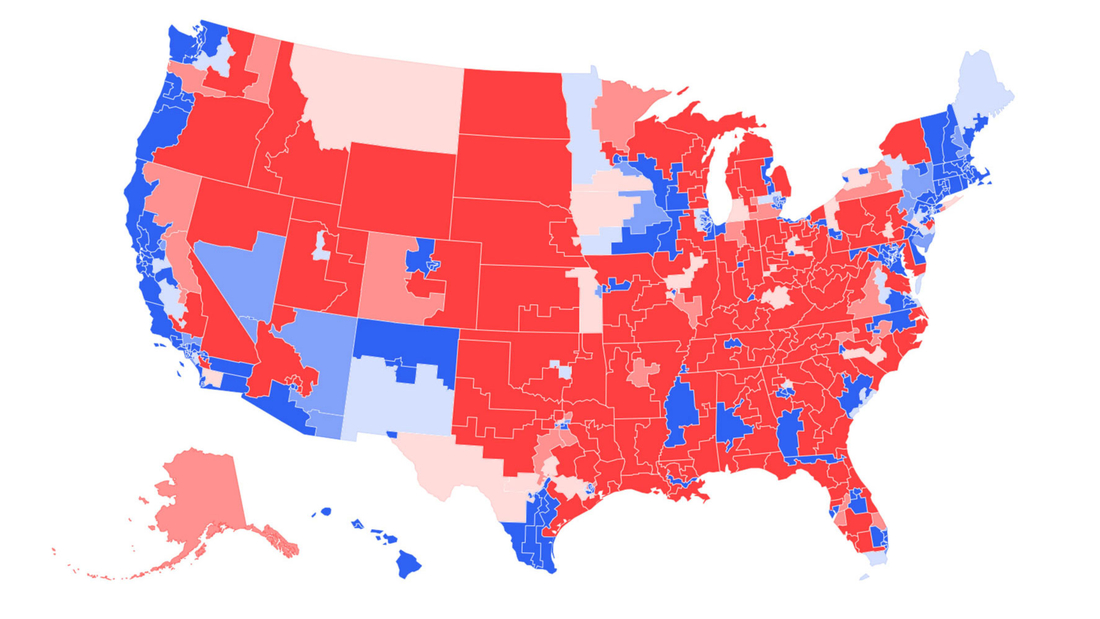Current Polling Trends Following the First Presidential Debate: Harris vs. Trump
As the 2024 presidential election approaches, the political landscape is heating up, particularly following the first debate between Vice President Kamala Harris and former President Donald Trump. The debate, which took place recently, has sparked a flurry of interest in polling data, revealing a tight race between the two candidates. This article delves into the latest polling trends, public perceptions, and the implications of the debate on the electoral landscape.
Overview of Polling Data
Recent polls indicate that Kamala Harris and Donald Trump are in a neck-and-neck race, with only a two-point margin separating them in several key battleground states. According to a report from The New York Times, the candidates are virtually tied, with Harris leading slightly in some polls. The data reflects a highly competitive environment as both candidates prepare for the upcoming election.
Key Polling Insights
Tight Race: In the latest polling data, Harris is reported to have 47.1% support compared to Trump's 44.3%. This slight lead for Harris is significant as it comes just before the first debate, indicating a potential shift in voter sentiment.
Voter Engagement: An NPR/PBS News/Marist poll revealed that a substantial number of voters expressed their intention to watch the debate, highlighting the importance of this event in shaping public opinion.
Betting Odds: Following the debate, betting odds shifted in favor of Harris, with BetOnline reporting a reversal from Trump being favored to Harris taking the lead. This change reflects a growing confidence among bettors regarding Harris's performance.
Public Perception: Both candidates declared victory post-debate, with Trump asserting his dominance even before any polls were released. This self-proclamation may influence public perception and voter confidence.
Detailed Polling Analysis
Polling Averages
FiveThirtyEight provides a comprehensive overview of the polling averages, which account for various factors such as recency, sample size, and methodology. The site indicates that Harris's lead, albeit narrow, could be pivotal as the election date approaches.
The Washington Post also highlights potential polling errors, suggesting that the current averages may not fully capture the support for either candidate, given historical polling inaccuracies in previous elections.

Voter Demographics
Polls indicate that Trump has a strong following among male voters, leading by 12 percentage points in pre-debate surveys. However, Harris's appeal among women and younger voters could play a crucial role in the overall outcome.
The NBC News analysis points out that a significant portion of voters remains undecided, with 12% indicating a preference for alternative candidates or expressing uncertainty about their choice. This demographic could be critical in swing states.
Implications of the Debate
The first debate served as a crucial platform for both candidates to articulate their policies and engage with voters. The topics covered ranged from immigration to women's rights and the economy, reflecting the pressing issues that resonate with the electorate.
Key Takeaways from the Debate
Harris's Performance: Analysts suggest that Harris's performance was strong, particularly in addressing issues that matter to key voter demographics. Her ability to connect with voters on personal and policy levels may have contributed to her slight lead in the polls.
Trump's Strategy: Trump's approach was characterized by assertiveness and a focus on his previous administration's achievements. His declaration of victory post-debate may resonate with his base, reinforcing their support.
Future Outlook
As the election date draws closer, the dynamics of the race are likely to evolve. The upcoming debates and campaign strategies will be pivotal in shaping voter perceptions and influencing polling data.
What to Watch For
Subsequent Polls: The next round of polling data will be crucial in determining whether Harris can maintain her lead or if Trump will regain momentum.
Voter Turnout: Engagement levels among different demographics will play a significant role in the election outcome. Both campaigns will need to focus on mobilizing their bases while appealing to undecided voters.
Media Coverage: The way media outlets portray the candidates' performances in the debate will influence public perception. Continuous analysis and commentary will shape voter opinions leading up to the election.

The first debate between Kamala Harris and Donald Trump has set the stage for a fiercely contested election. With polling data indicating a close race, both candidates must navigate the complexities of voter sentiment and media narratives. As the political landscape continues to shift, the coming weeks will be critical in determining the trajectory of the 2024 presidential election. Voter engagement, effective campaigning, and the ability to resonate with the electorate will ultimately decide who emerges victorious in this high-stakes political battle.
For more detailed polling data and updates, you can visit the following resources:





